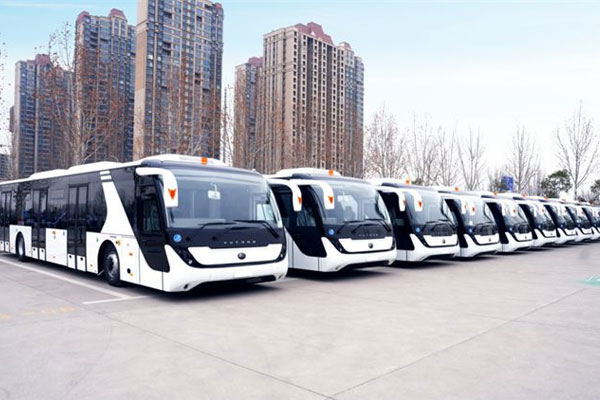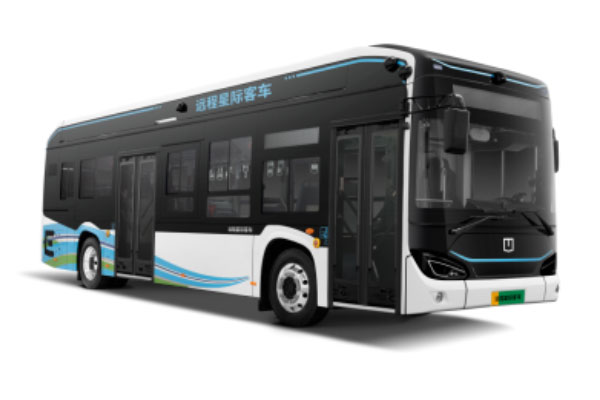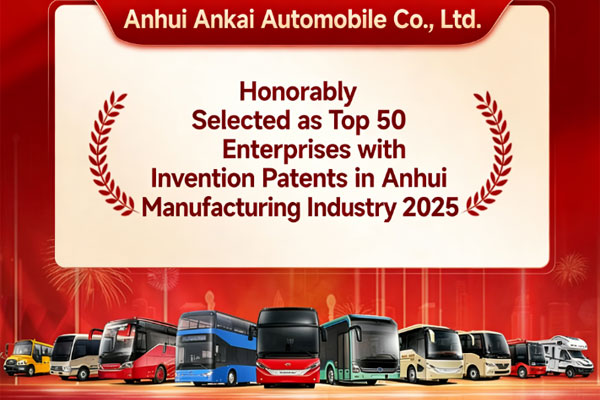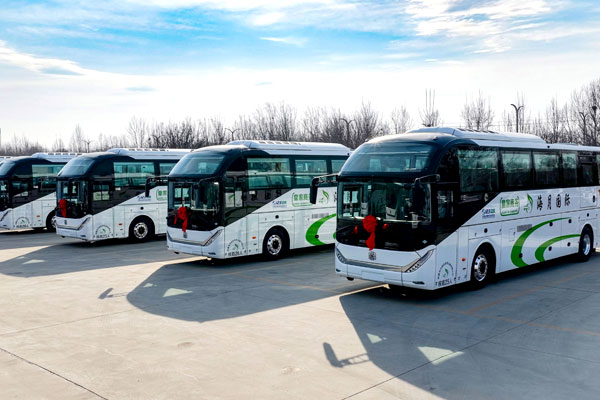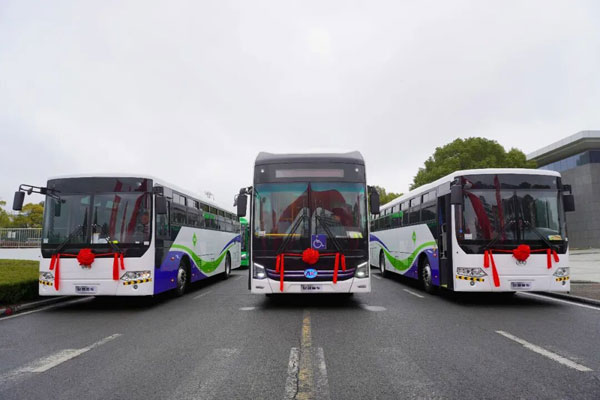Auto Trade-in Helping to Tap Market Potential
01 July 2009
To practice trade-ins for cars can not only bring an escalation for the car market, but also make full use of the chance to boost domestic demands, provide opportunities for the development of circular economy, and promote the development of related industries.
After the break of the global economic crisis, the Chinese government has unveiled a series of stimulating policies to increase domestic demands. Through implementing adjustment and vitalization plans for the automobile industry, intensifying efforts in scraping decrepit cars, and publicizing favorable policies such as "cars and motorcycles go to the countryside", the consumption of automobiles has been markedly boosted. According to statistics, the total sale of automobiles in China in the first season of 2009 has reached 2,678,800 sets, surpassing that of the U.S. for the first time and making China the biggest auto market in the world. The presently encouraged automobile trade-ins policy is a complement to and continuation of relevant policies.
In terms of objects favored by the policies, if the "Automobiles go to the countryside" is described as exploring the rural market and boosting the purchasing and renewal demands of the farmers, then the trade-ins policy expands the range of favored subjects to the city, incorporating the renewal demands of city residents and greatly enlarging the favored subject groups. Besides, the consumption capability of city residents is far greater than residents in rural areas. Therefore, the trade-ins policy will further explore the potentials of the market.
In terms of the number of vehicle population, with the industrialization and urbanization gaining speed in recent years, the consumption of automobiles in China has been growing rapidly, and the number of cars in possession has also witnessed significant increment, with great potential for cars renewal. According to the estimates of related agencies, the number of cars to be scraped in 2009 is as high as 2.7 million sets. Through trade-ins, the pace for renewal could be accelerated, further boosting the domestic consumption demands.
As a matter of fact, trade-ins not only bring benefit to the market, but can also remarkably promote energy-saving and emission reduction, the development of circular economy, and the boosting of relevant industries.
To scrap a portion of cars that are still in their legitimate serving years is not a waste of resources. Some old cars, though not yet reaching their time for scraping, consume 5-10% more fuel than new cars, especially those "yellow label cars", which have a fuel consumption rate 30% higher than "green label cars", posing a great waste on energy. Scraping them in advance, or trade-ins, is beneficial not only for increasing the energy efficiency of the cars, reducing environmental pollutants, and saving energy and reducing emission, but also for the efficient use of resources. Scraped cars, though not allowed to be driven, contain large volume of recyclable resources such as iron and steel, non-ferrous metals, plastics, and rubbers. It is estimated that for each scraped car, 2.4 tons of iron and steel and 45 kg of non-ferrous metals can be retrieved. During the years from 1982 to 2000, the number of scraped cars totaled at 4,421,000 sets, saving the country 4,421,000 tons of fuel, and retrieving 16,011,000 tons of used iron and steel and 199,000 tons of non-ferrous metals. The deposed iron and steel and the non-ferrous metals alone saved a capital of 1 billion and 196 million Yuan. It's told that the policy of trade-ins for automobiles and home appliances can quicken the renewal of 1 million outdated vehicles and 5 million sets of home appliances, which would directly increase consumption by 10-12 billion Yuan, and recycle 2.3 million tons of resources, among which 1.5 million tons of deposed iron and steel, 170 thousand tons of deposed non-ferrous metals, 250 thousand tons of deposed plastics and nearly 200 thousand tons of deposed rubber. In addition, encouraging trade-ins of cars can not only help to speed up the completion of an auto recycling-disassembling-disposing system, but also help to make full use of related resources and promote the development of circular economy. It is of great significance in that it takes into consideration of both short-term demands and long-term interest.
Besides, due to the facts that auto production requires high technology and that it has a long industry chain, encouraging trade-ins not only would promote the steady development of the auto industry, but is also beneficial for the development of such labor-intensive industries as marketing, logistics, after-sales service and scraped cars recycling and disassembling, stabilizing and expanding employment. Therefore, to practice trade-ins for cars can not only bring an escalation for the car market, but also make full use of the chance to boost domestic demands, provide opportunities for the development of circular economy, and promote the development of related industries.
Source : internet
Views:3315



